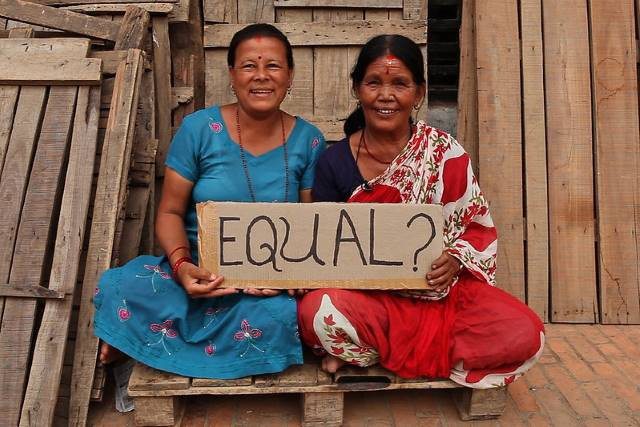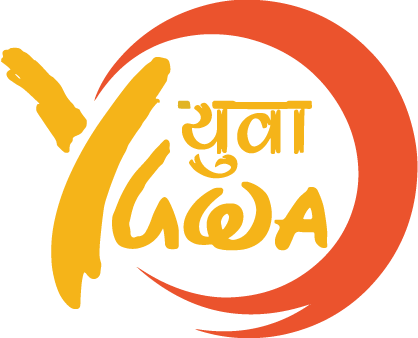
22nd May, was the third day of data collection. I got up early in the morning because we were supposed to walk for 4 hours to reach a village called ‘Prangshey’ to collect data. I was extremely excited to visit a new place. After the endless walk from our room, we finally began to see some scattered houses on the top of the hill. I entered a home to ask the questionnaire and was greeted by a woman in her 30s who seems to be pregnant with a child. I introduced myself to her then we began with the questions. As the conversation progressed, I slowly got to know that she already had four children and the pregnancy was also not intended. She only wanted two children but she was too afraid to discuss anything with her husband. She delivered all her children at home because she was too shy to go to a health institution. She shared that she wanted to abort the child this time but was afraid of allegations from villagers. She was afraid that villagers might gossip about her. She shared that she thought abortion is illegal in Nepal and she had no idea about the recent laws regarding abortion in Nepal. She had no idea that she did not need to feel shame to exercise her rights.
After I returned home, I thought a lot about her and about many women who were once her. I began to think about a single woman who was neglected by society after her husband’s death and was considered ‘boksi’. I thought about all those women who wanted to abort their child but couldn’t because of fear and shame. The reality check hit me so hard that day. We talk a lot about women’s rights but still, there are thousands of women who can’t exercise their rights.
I began to question what could be the reasons and the common case I found in all the situations was ‘low status of women’. Women have no rights in decision-making in the family whether it be in family planning or home economics. I was extremely saddened by the situation and started to dig into the information online. I found that there are numerous agencies and organizations working for women. I found out the situation was a lot worse than it is now. With that, my heart was lightened and I was hopeful for the better days. I was hopeful for the days when all women could exercise all their rights. I slept envisioning the days when all the women could enjoy their SRHR freely and openly.

